Throughout history, the most profound voices of every generation have wrestled with a single, persistent challenge that still haunts us today: the ever-widening gap between society’s haves and have-nots. This chasm, known as wealth inequality, has been a subject of intense debate, philosophical inquiry, and social activism for centuries. It’s a topic that continues to shape our world, influencing everything from politics and economics to social mobility and personal opportunity.
Wealth inequality, at its core, refers to the uneven distribution of assets among individuals in a society. It’s a concept that goes beyond mere income disparities, encompassing the total economic resources at a person’s disposal. This includes savings, investments, property, and other forms of accumulated wealth. The stark contrast between those with abundant resources and those struggling to make ends meet has been a persistent feature of human societies, transcending time and culture.
In our quest to understand and address this complex issue, we often turn to the wisdom of those who have grappled with it before us. Quotes from thinkers, leaders, and activists throughout history offer us valuable insights into the nature of wealth inequality and its impact on society. These nuggets of wisdom serve as touchstones, helping us frame our understanding of economic disparity and inspiring us to seek solutions.
This article aims to explore wealth inequality through the lens of powerful quotes from various perspectives. We’ll journey through time, examining historical views, modern political stances, economic analyses, and activist voices. By the end, we hope to provide a comprehensive overview of how wealth inequality has been perceived and addressed throughout history, and what these insights mean for our current economic landscape.
Echoes from the Past: Historical Perspectives on Wealth Inequality
The concern over wealth inequality is far from a modern phenomenon. Ancient philosophers and thinkers grappled with questions of economic disparity long before the advent of modern economics. Their words, echoing through millennia, still resonate with startling relevance today.
Aristotle, the Greek philosopher, observed, “The most perfect political community is one in which the middle class is in control, and outnumbers both of the other classes.” This ancient insight into the importance of a strong middle class as a stabilizing force in society remains a key consideration in modern economic policy discussions.
Moving forward in time, we encounter the words of Jean-Jacques Rousseau, who in the 18th century declared, “The first man who, having fenced in a piece of land, said ‘This is mine,’ and found people naïve enough to believe him, that man was the true founder of civil society.” Rousseau’s critique of private property as the root of inequality continues to fuel debates about the nature of ownership and its role in economic disparity.
As we approach the dawn of modern economics, we find Adam Smith, often considered the father of capitalism, offering a nuanced view. In “The Wealth of Nations,” he wrote, “No society can surely be flourishing and happy, of which the far greater part of the members are poor and miserable.” Smith’s observation underscores the idea that extreme inequality is not just a moral issue, but also a practical concern for the overall health of an economy.
The industrial revolution brought new dimensions to the wealth inequality debate. Karl Marx, whose ideas would go on to shape global politics, famously stated, “The history of all hitherto existing society is the history of class struggles.” This perspective framed wealth inequality not just as an economic issue, but as the central driving force of historical change.
These historical voices laid the groundwork for our modern understanding of wealth inequality. They remind us that the struggle to balance economic growth with equitable distribution is not new, but a fundamental challenge of organized society.
Modern Political Figures Weigh In: A Spectrum of Perspectives
As we move into the modern era, the debate over wealth inequality has become increasingly politicized. Political figures from across the spectrum have weighed in, offering diverse perspectives on the causes, consequences, and potential solutions to economic disparity.
On the progressive side, we find voices like that of Bernie Sanders, who has famously stated, “A nation will not survive morally or economically when so few have so much, while so many have so little.” This sentiment echoes the concerns of many who view extreme wealth concentration as a threat to social stability and democratic values.
Contrasting this view, we find conservative voices like Milton Friedman, who argued, “A society that puts equality before freedom will get neither. A society that puts freedom before equality will get a high degree of both.” This perspective emphasizes the importance of economic freedom and warns against overzealous attempts at wealth redistribution.
However, concern about wealth inequality isn’t confined to one side of the political aisle. Even centrist and conservative figures have expressed alarm at growing disparities. For instance, former President Barack Obama once remarked, “The combined trends of increased inequality and decreasing mobility pose a fundamental threat to the American Dream, our way of life, and what we stand for around the globe.”
These diverse political perspectives highlight the complexity of the wealth inequality issue. They remind us that while there may be broad agreement on the existence of the problem, solutions remain hotly debated.
Number Crunchers and Visionaries: Economists on Wealth Inequality
Economists and researchers have played a crucial role in quantifying and analyzing wealth inequality, providing data-driven insights that inform policy discussions. Their work has helped us understand the scale of the problem and its far-reaching implications.
Thomas Piketty, whose work has been instrumental in bringing wealth inequality to the forefront of economic discourse, wrote in his seminal book “Capital in the Twenty-First Century,” “When the rate of return on capital exceeds the rate of growth of output and income, as it did in the nineteenth century and seems quite likely to do again in the twenty-first, capitalism automatically generates arbitrary and unsustainable inequalities that radically undermine the meritocratic values on which democratic societies are based.”
This stark assessment highlights the structural nature of wealth inequality in capitalist systems and its potential to undermine social cohesion. It’s a perspective that has sparked intense debate and research in economic circles.
Another influential voice in this field is Joseph Stiglitz, who has argued, “The top 1 percent of Americans own 40 percent of the nation’s wealth. The bottom 80 percent own 7 percent. This level of inequality is actually higher than it was in ancient Rome, which was a society based on slavery.” Stiglitz’s comparison underscores the extreme nature of current wealth disparities and their historical uniqueness.
Looking to the future, economists like Branko Milanovic have offered predictions about the trajectory of global inequality. Milanovic has noted, “The main driver of global inequality—inequality between countries—is now declining. But inequality within countries is rising.” This observation points to the complex, multi-faceted nature of wealth inequality in an increasingly globalized world.
These economic insights provide a crucial foundation for understanding wealth inequality. They remind us that addressing this issue requires not just moral conviction, but also a deep understanding of economic systems and trends.
Voices from the Streets: Activists and Social Commentators on Wealth Inequality
Beyond the halls of academia and corridors of power, some of the most passionate and influential voices on wealth inequality have come from activists and social commentators. These individuals often bring a personal, human perspective to the issue, highlighting its real-world impacts on communities and individuals.
Civil rights leader Martin Luther King Jr. famously connected economic and racial justice, stating, “We are caught in an inescapable network of mutuality, tied in a single garment of destiny. Whatever affects one directly, affects all indirectly.” This perspective underscores the interconnected nature of social and economic inequalities, a theme that continues to resonate in modern social justice movements.
Contemporary activists have built on this legacy, bringing new urgency to the wealth inequality debate. For instance, author and activist Naomi Klein has argued, “The wealth of the top 1% is more about power than money.” This insight shifts the conversation from pure economics to questions of political influence and social control.
Even voices from the entertainment world have weighed in on this issue. Actor and activist Mark Ruffalo once remarked, “We’ve been brainwashed to believe that poverty is a character flaw rather than a policy choice.” This statement challenges common narratives about wealth and poverty, encouraging us to examine the systemic factors that contribute to economic disparity.
These activist voices remind us that wealth inequality is not just an abstract economic concept, but a lived reality for millions of people. They challenge us to consider the human cost of economic disparities and to imagine more equitable alternatives.
The Ripple Effect: Wealth Inequality’s Impact on Society
The consequences of wealth inequality extend far beyond individual bank accounts. They ripple through society, affecting everything from social mobility to democratic functioning to global stability.
On the subject of social mobility, economist Raj Chetty has observed, “Children’s chances of earning more than their parents have fallen from 90% to 50% over the past half century.” This stark statistic highlights how wealth inequality can calcify over generations, undermining the idea of equal opportunity that many societies hold dear.
The relationship between economic inequality and democracy has been a subject of intense scrutiny. Political scientist Larry Bartels has argued, “Economic inequality is, at root, a political phenomenon.” This perspective suggests that addressing wealth inequality is not just an economic challenge, but a fundamental test of our democratic systems.
On a global scale, the disparities in wealth between nations have profound implications. As former UN Secretary-General Kofi Annan once stated, “Extreme poverty anywhere is a threat to human security everywhere.” This reminds us that wealth inequality is not just a domestic issue, but a global challenge that requires international cooperation and understanding.
These insights into the societal impact of wealth inequality underscore its far-reaching consequences. They challenge us to think beyond individual wealth and consider how economic disparities shape our collective future.
As we reflect on these powerful quotes and insights on wealth inequality, it becomes clear that this is not a new challenge, nor a simple one. From ancient philosophers to modern economists, from political leaders to grassroots activists, voices throughout history have grappled with the persistent problem of economic disparity.
The quotes we’ve explored reveal several key themes. First, wealth inequality is not just an economic issue, but a moral and social one with far-reaching consequences for individuals and societies. Second, while there’s broad agreement on the existence and significance of the problem, solutions remain hotly debated. Third, addressing wealth inequality requires a multifaceted approach, considering everything from economic policies to social structures to global dynamics.
These insights remain profoundly relevant as we continue to navigate the challenges of wealth inequality in our own time. They remind us that this is not an insurmountable problem, but one that has engaged the brightest minds and most passionate hearts throughout history.
As readers, we are called upon to reflect on these perspectives and consider our own role in addressing wealth inequality. Whether through political engagement, economic choices, or social activism, each of us has the power to contribute to a more equitable society.
In the words of anthropologist Margaret Mead, “Never doubt that a small group of thoughtful, committed citizens can change the world; indeed, it’s the only thing that ever has.” As we face the challenge of wealth inequality, let us draw inspiration from the voices of the past and present, and work towards a future where prosperity is more equitably shared.
References:
1. Aristotle. (n.d.). Politics.
2. Rousseau, J.J. (1755). Discourse on the Origin and Basis of Inequality Among Men.
3. Smith, A. (1776). The Wealth of Nations.
4. Marx, K. & Engels, F. (1848). The Communist Manifesto.
5. Sanders, B. (2014). Speech on the Senate floor.
6. Friedman, M. (1980). Free to Choose: A Personal Statement.
7. Obama, B. (2013). Remarks on Economic Mobility.
8. Piketty, T. (2014). Capital in the Twenty-First Century.
9. Stiglitz, J. (2011). Of the 1%, by the 1%, for the 1%. Vanity Fair.
10. Milanovic, B. (2016). Global Inequality: A New Approach for the Age of Globalization.
11. King, M.L. Jr. (1963). Letter from Birmingham Jail.
12. Klein, N. (2014). This Changes Everything: Capitalism vs. The Climate.
13. Ruffalo, M. (2016). Twitter post.
14. Chetty, R. et al. (2016). The Fading American Dream: Trends in Absolute Income Mobility Since 1940. National Bureau of Economic Research.
15. Bartels, L. (2008). Unequal Democracy: The Political Economy of the New Gilded Age.
16. Annan, K. (2000). We the Peoples: The Role of the United Nations in the 21st Century.
17. Mead, M. (n.d.). Quote from Institute for Intercultural Studies.


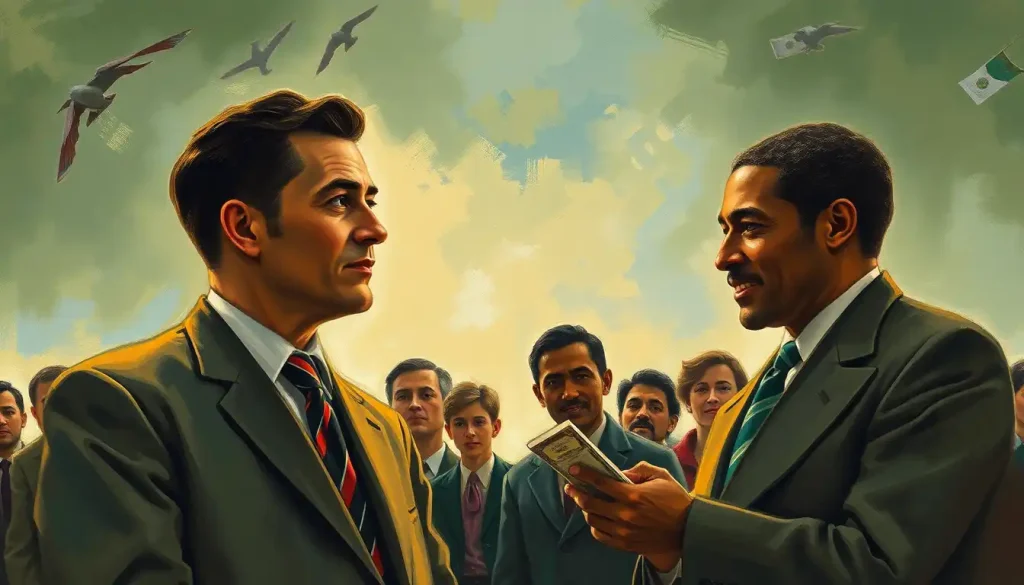
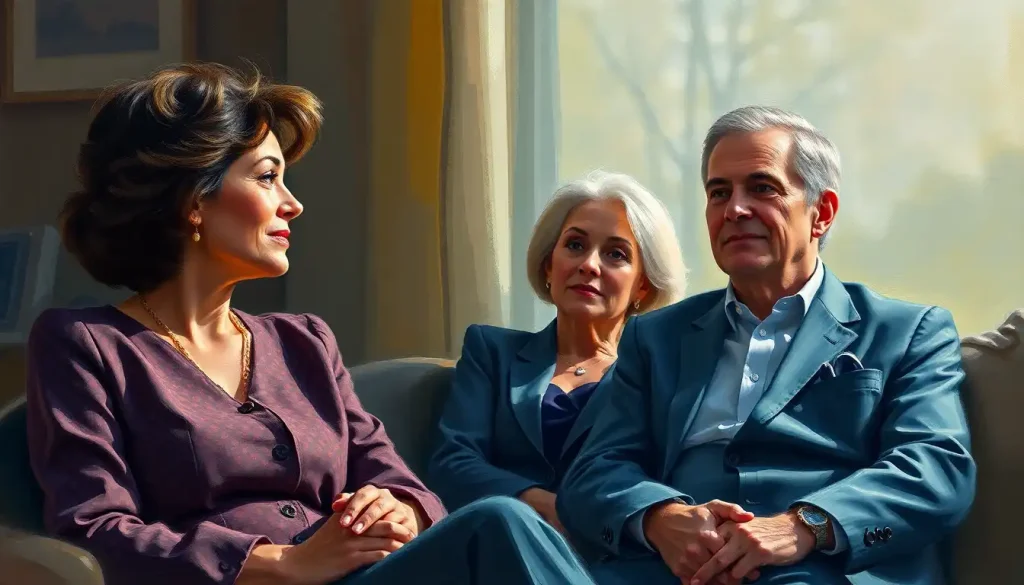

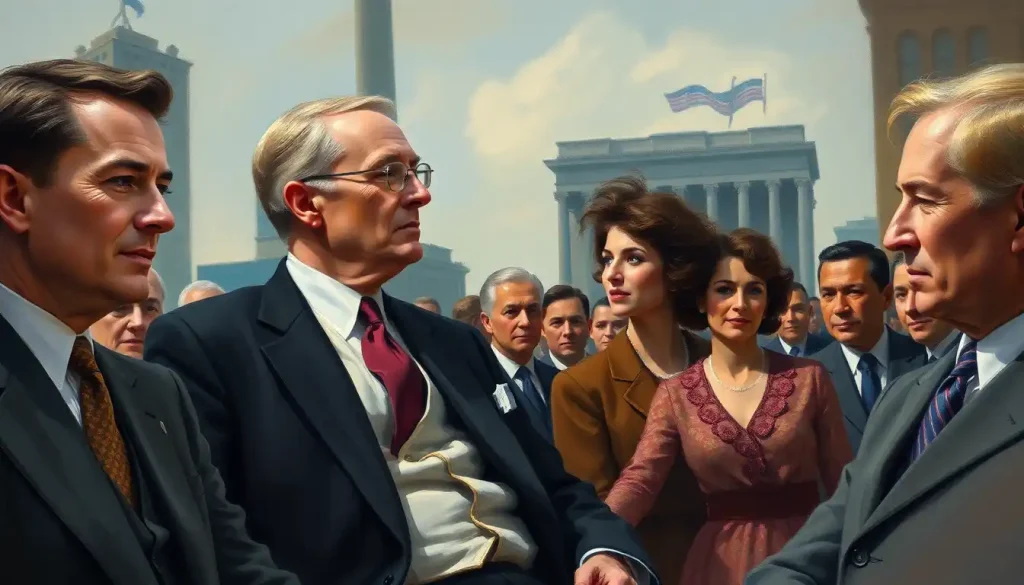
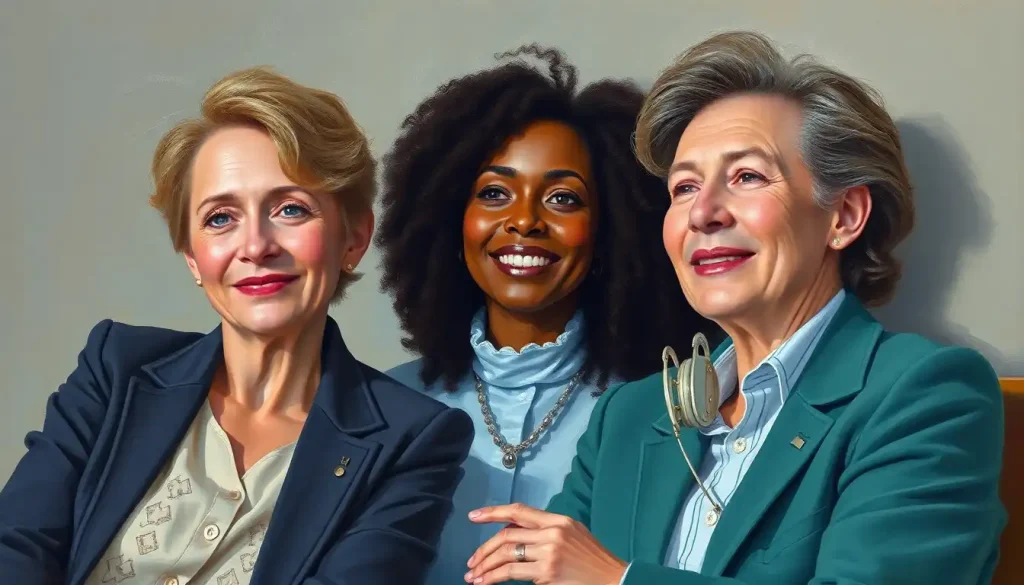
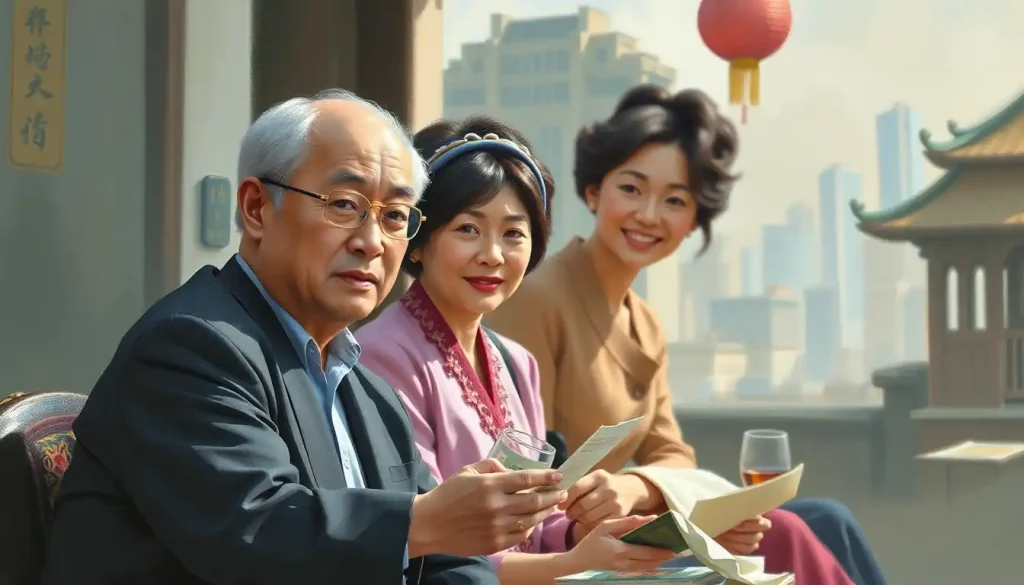
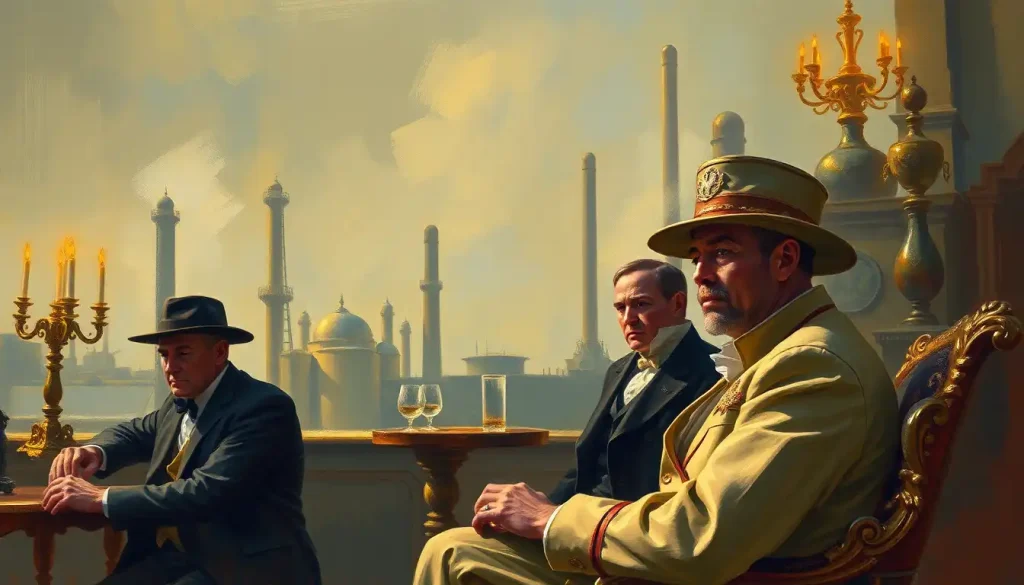
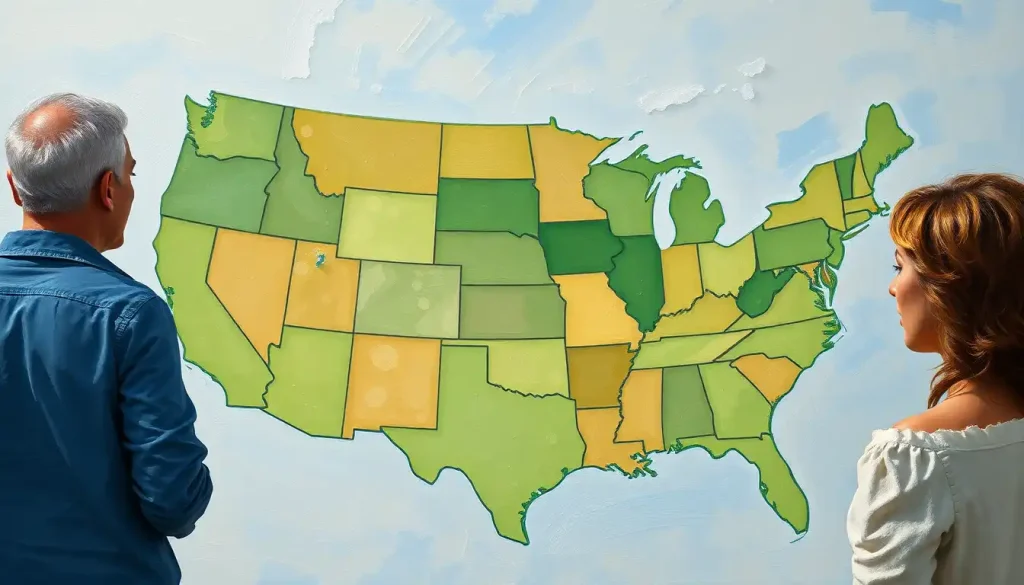


Would you like to add any comments? (optional)